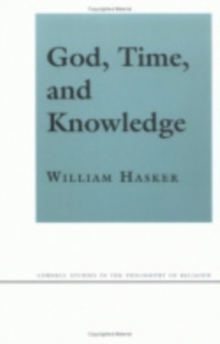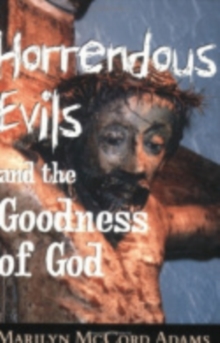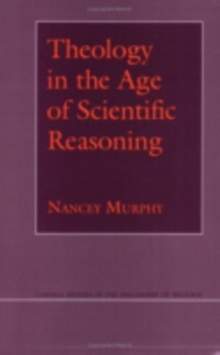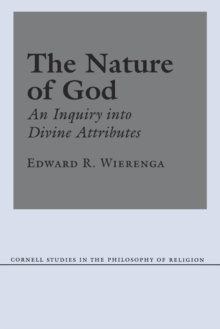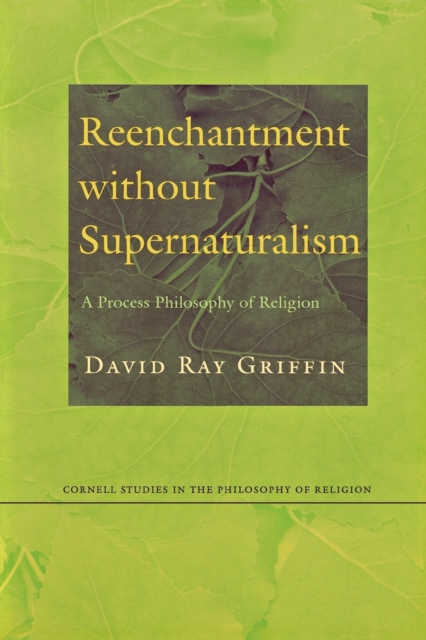
Reenchantment without Supernaturalism : A Process Philosophy of Religion Paperback / softback
by David Ray Griffin
Part of the Cornell Studies in the Philosophy of Religion series
Paperback / softback
Description
The process philosophy of Alfred North Whitehead and Charles Hartshorne has made many distinctive contributions to the philosophy of religion.
David Ray Griffin now offers the first full-scale philosophy of religion written from this perspective, discussing such topics as the relationship between science and religion, the validity of religious experience, the nature and existence of God, religious pluralism, creation and evolution, and the problem of evil.
Griffin's clear and comprehensive book also serves as a valuable introduction to process philosophy itself.In his vigorous defense of a worldview that is fully naturalistic and fully religious, Griffin shows not only how this position reconciles naturalism with freedom, genuine religious experience, and even life after death, but also how its naturalistic theism "reenchants" the world in the sense of providing cosmic support for moral values.Highly original and sometimes controversial, Griffin's book develops its stance in conversation with influential proponents of other philosophical positions, including William P.
Alston, Jürgen Habermas, John Hick, Colin McGinn, Alvin Plantinga, Hilary Putnam, Willard Quine, Ninian Smart, Jeffrey Stout, and Bernard Williams.
Information
-
Available to Order - This title is available to order, with delivery expected within 2 weeks
- Format:Paperback / softback
- Pages:440 pages
- Publisher:Cornell University Press
- Publication Date:14/11/2000
- Category:
- ISBN:9780801486579
Other Formats
- PDF from £123.00
- Hardback from £116.00
Information
-
Available to Order - This title is available to order, with delivery expected within 2 weeks
- Format:Paperback / softback
- Pages:440 pages
- Publisher:Cornell University Press
- Publication Date:14/11/2000
- Category:
- ISBN:9780801486579
